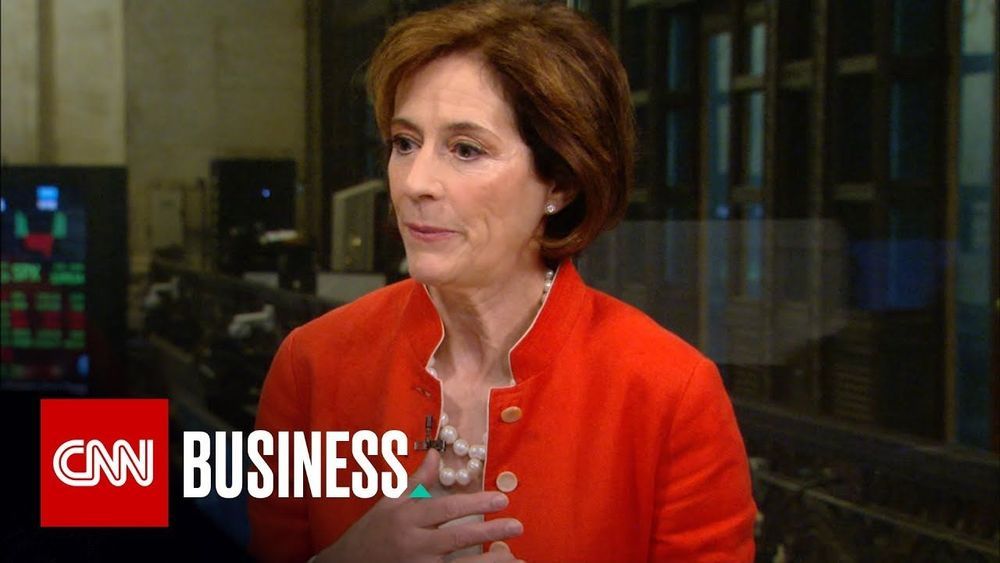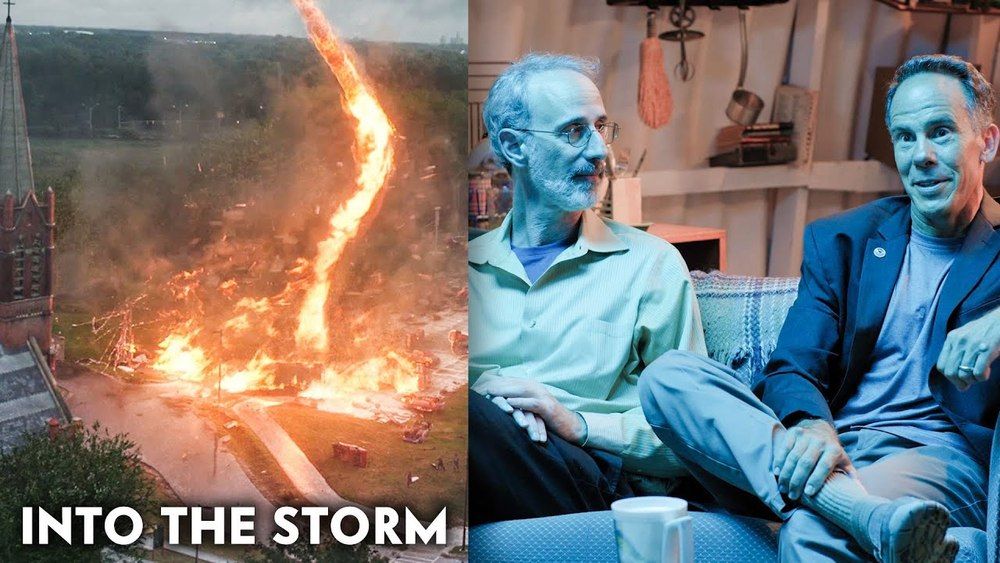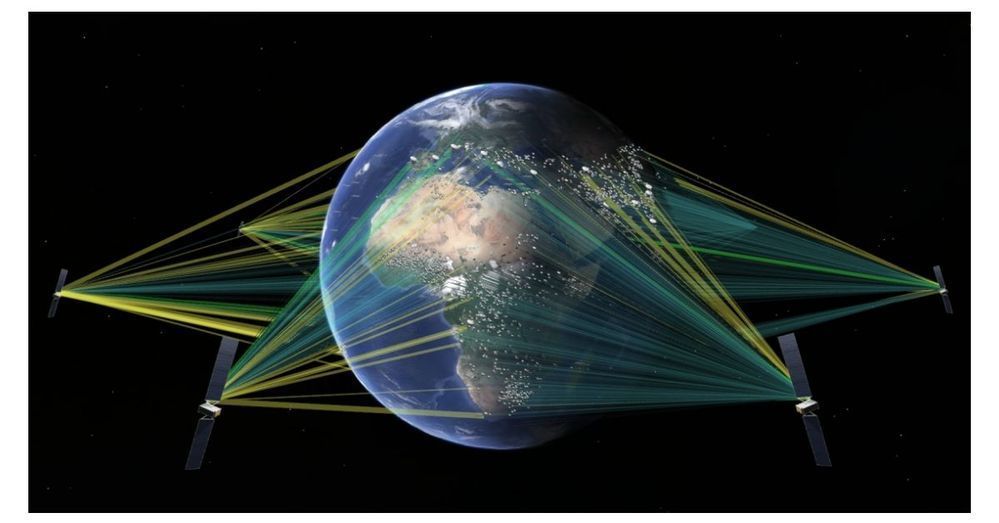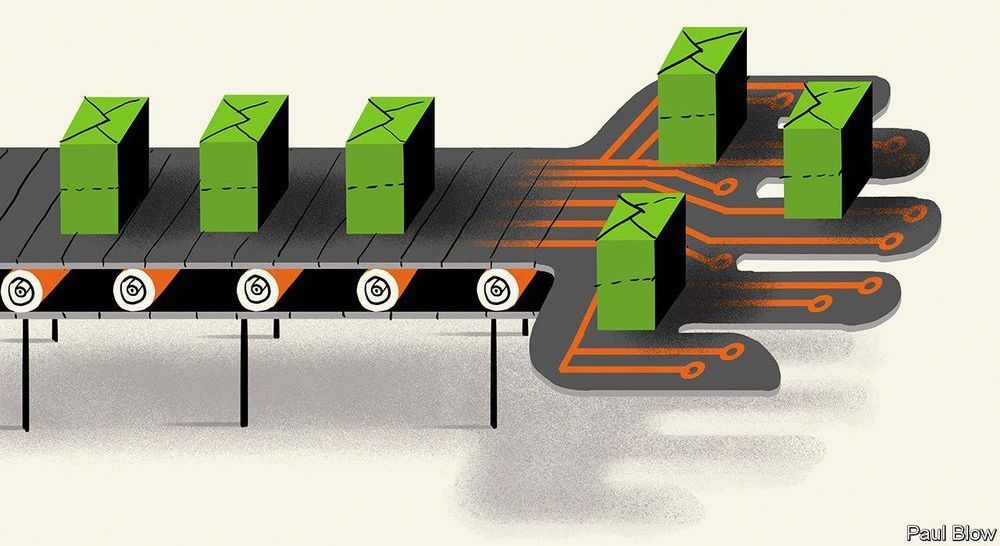Sep 13, 2019
Over Next Three Years, Employees will Need Reskilling as AI Takes Jobs
Posted by Müslüm Yildiz in categories: business, economics, Elon Musk, employment, robotics/AI
IBM HR Director Diane Gherson says that over the next three years, 120 million workers will need retraining as artificial intelligence continues to take jobs.
Artificial intelligence is obviously ready to get started. Over the next three years, about 120 million workers from the 12 largest economies in the world may need to undergo retraining due to advances in artificial intelligence and intelligent automation, according to a study published on Friday by the IBM Institute of Business Value. However, less than half of the CEOs surveyed by IBM said they had the resources needed to bridge the skills gap caused by these new technologies.
Continue reading “Over Next Three Years, Employees will Need Reskilling as AI Takes Jobs” »

















